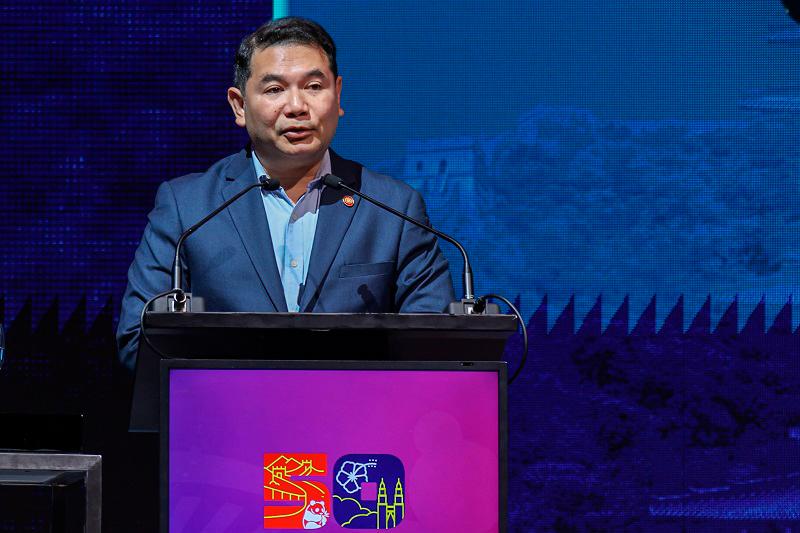KUALA LUMPUR: Malaysia will “double down” on its strategy of deepening trade and collaboration with other countries in 2025, guided by three fundamental tenets of how Malaysia deals with the world, said Economy Minister Rafizi Ramli.
The three fundamental tenets are breakout development priority, good neighbour principle and “beyond-trade thinking.”
He emphasised that “the old foreign direct investment (FDI) model in Southeast Asia must change from one focused on tax incentives and low-cost hiring to one about technology transfer and indigenous innovation to create breakthroughs.”
“With the exception of Singapore, the most advanced Southeast Asian countries are stuck in the middle-income trap - too expensive to compete on low-cost manufacturing but not innovative enough to compete on technology. We are pressed from the bottom (cost) and the top (technology),” he said during Session 5 of the Leadership Conference, Malaysia-China Summit 2024 at the Malaysia International Trade and Exhibition Centre (MITEC) today.
Rafizi said next year, the ministry will emphasise a technology collaboration model with other countries that focuses on intellectual property, research and development, and ownership to leapfrog and break out of the middle-income trap. He said this will be done when the Economy Ministry rolls out the 13th Malaysia Plan (13MP) next year.
The minister also pointed out that the good neighbour policy is not a feel-good moral principle, but an economically strategic principle. “The Johor-Singapore Special Economic Zone, which is scheduled to be signed in January 2025, proves that we could maintain healthy competition and cooperate in complementary areas because we believe good neighbours could grow the pie bigger,” he added.
On the “beyond-trade thinking” principle, Rafizi noted that Malaysia became the first Southeast Asian country to establish diplomatic relations with China and both countries are now celebrating their 50th anniversary of diplomatic relations. “This is because we recognise the value that goes beyond trade, and in 2025, we will continue with our global economic collaboration to unlock more civilisational dividends,” he said.









